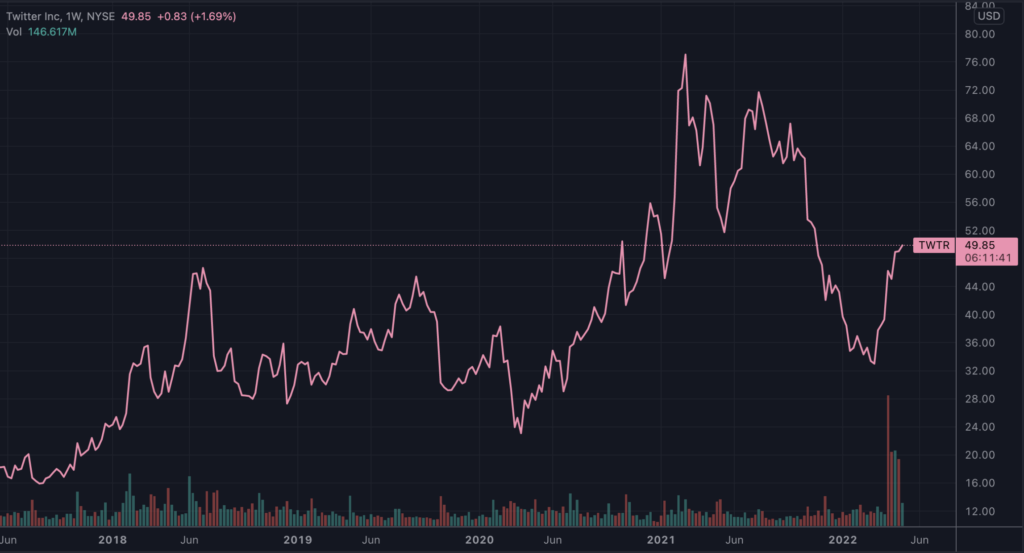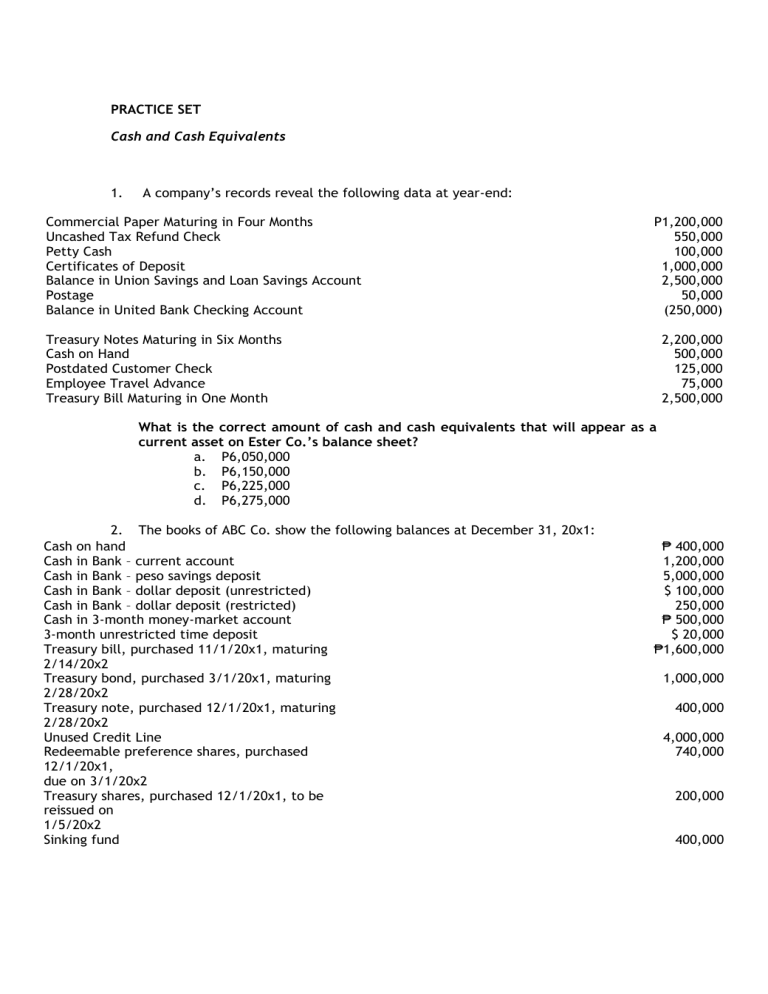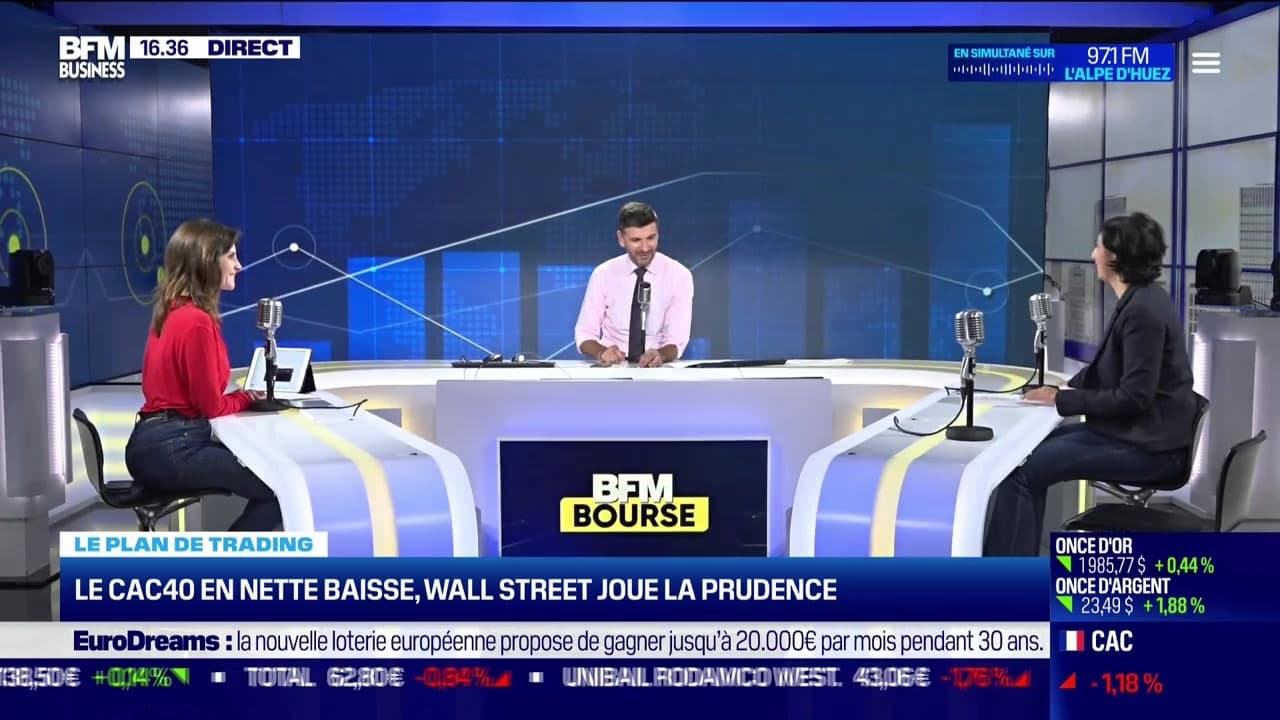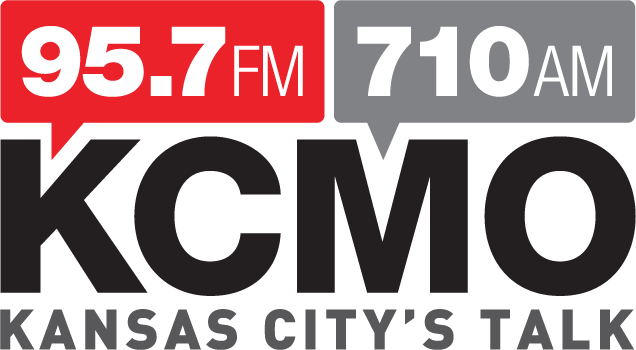Meta Faces FTC: A Deep Dive Into The Instagram And WhatsApp Antitrust Battle

Table of Contents
The FTC's Case Against Meta: A Summary of Allegations
The FTC’s lawsuit against Meta centers on its acquisitions of Instagram in 2012 and WhatsApp in 2014. The commission argues that these acquisitions were anti-competitive, allowing Meta to stifle competition and maintain its monopoly in the social media market.
- Allegations of Anti-Competitive Practices: The FTC claims Meta engaged in anti-competitive practices by acquiring potential rivals before they could pose a significant threat. This allegedly prevented the emergence of viable alternatives to Facebook, Instagram, and WhatsApp.
- Stifling Competition: The core of the FTC's argument is that Meta used its dominant market position to eliminate potential competitors, thus reducing consumer choice and innovation. The acquisitions, the FTC argues, were not about integration or innovation, but about eliminating nascent threats.
- Harming Consumers: The FTC asserts that Meta's actions have harmed consumers by limiting choices, potentially leading to higher prices (in the form of reduced value or intrusive advertising), and hindering the development of innovative social media platforms.
- Specific Examples: The FTC likely points to specific instances where Meta allegedly leveraged its power to disadvantage competitors, potentially including preferential treatment for its own products within its ecosystem, or using data obtained from one platform to benefit another.
The FTC’s case rests on Section 7 of the Clayton Antitrust Act, which prohibits mergers and acquisitions that may substantially lessen competition. The commission is likely to cite precedent from past antitrust cases involving tech giants to bolster its arguments.
Meta's Defense: Arguments and Counterclaims
Meta vigorously defends its acquisitions, arguing that they were pro-competitive and ultimately benefited consumers.
- Pro-Competitive Benefits: Meta likely emphasizes the integration of technologies and features across its platforms, highlighting how the acquisitions fostered innovation and improved user experience. They might argue that combining resources led to better products and services.
- Counterarguments to FTC Allegations: Meta will likely challenge the FTC's definition of the relevant market, arguing that the social media landscape is far more diverse than the FTC suggests. They'll likely contest the idea that they stifled competition, arguing that various other platforms thrive.
- Evidence in Defense: Meta will likely present data and evidence to demonstrate the benefits of the acquisitions, focusing on user growth, product improvements, and innovation stemming from the combined entities.
Meta's defense will likely revolve around the argument that the acquisitions fostered innovation and enhanced competition, ultimately benefiting consumers with better and more integrated products. They may also emphasize the dynamic nature of the tech market, pointing to the continuous emergence of new competitors.
The Impact on Consumers and the Tech Industry
The outcome of the "Meta Faces FTC" case will have profound implications for consumers and the tech industry as a whole.
- Impact on Competition: A ruling against Meta could significantly reshape the social media landscape, potentially leading to increased competition and the emergence of new players. Conversely, a win for Meta could solidify its dominance.
- Changes to User Experience: Depending on the outcome, users might see changes in how Instagram and WhatsApp operate, including potential alterations to data privacy policies or platform features.
- Effects on Innovation: Increased competition could stimulate innovation, while a lack of it might lead to stagnation and reduced investment in developing new social media technologies.
- Broader Implications for M&A: The case will set a significant precedent for future mergers and acquisitions in the tech industry, influencing how regulators approach deals involving large tech companies.
The potential for increased prices (in terms of reduced value), decreased choice, and stifled innovation underscores the importance of this antitrust battle.
The Legal Proceedings and Potential Outcomes
The legal proceedings in the "Meta Faces FTC" case have been extensive, marked by numerous filings, hearings, and legal maneuvering.
- Timeline of Legal Proceedings: [Insert a brief timeline of key events in the case].
- Potential Outcomes: Possible outcomes range from substantial fines and penalties to divestiture, forcing Meta to sell either Instagram or WhatsApp, or even a complete restructuring of its business practices.
- Legal Precedents: The case sets a crucial legal precedent for future antitrust litigation, particularly concerning the acquisition of potential competitors by dominant tech firms.
The ongoing legal battles will determine the future of Meta’s market position and impact the entire tech landscape.
Conclusion: The Future of Meta and the Antitrust Landscape
The "Meta Faces FTC" case highlights the complexities of antitrust enforcement in the rapidly evolving tech industry. The FTC's allegations of anti-competitive practices, Meta's defense emphasizing pro-competitive benefits, and the potential consequences for consumers and the tech industry underscore the gravity of this legal battle. This Meta's FTC battle has far-reaching implications, potentially reshaping the social media landscape and setting a precedent for future antitrust cases involving major tech companies. The ongoing Instagram and WhatsApp antitrust case demands continued attention. Stay informed about the developments in this landmark case by following reputable news sources and legal analysis. The future of competition in the social media sector and the tech industry as a whole hinges on the outcome of Meta's FTC battle.

Featured Posts
-
 Gold Etfs And Cash Equivalents The Current Market Trend
Apr 23, 2025
Gold Etfs And Cash Equivalents The Current Market Trend
Apr 23, 2025 -
 Musks Leadership Under Fire State Treasurers Confront Tesla Board
Apr 23, 2025
Musks Leadership Under Fire State Treasurers Confront Tesla Board
Apr 23, 2025 -
 Analyse Bfm Bourse Du 17 02 Xx 15h 16h
Apr 23, 2025
Analyse Bfm Bourse Du 17 02 Xx 15h 16h
Apr 23, 2025 -
 Turangs Bunt Delivers Walk Off Win For Brewers
Apr 23, 2025
Turangs Bunt Delivers Walk Off Win For Brewers
Apr 23, 2025 -
 Mlb Suspends Nationals Reliever Jorge Lopez For Throwing At Andrew Mc Cutchen
Apr 23, 2025
Mlb Suspends Nationals Reliever Jorge Lopez For Throwing At Andrew Mc Cutchen
Apr 23, 2025
